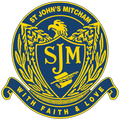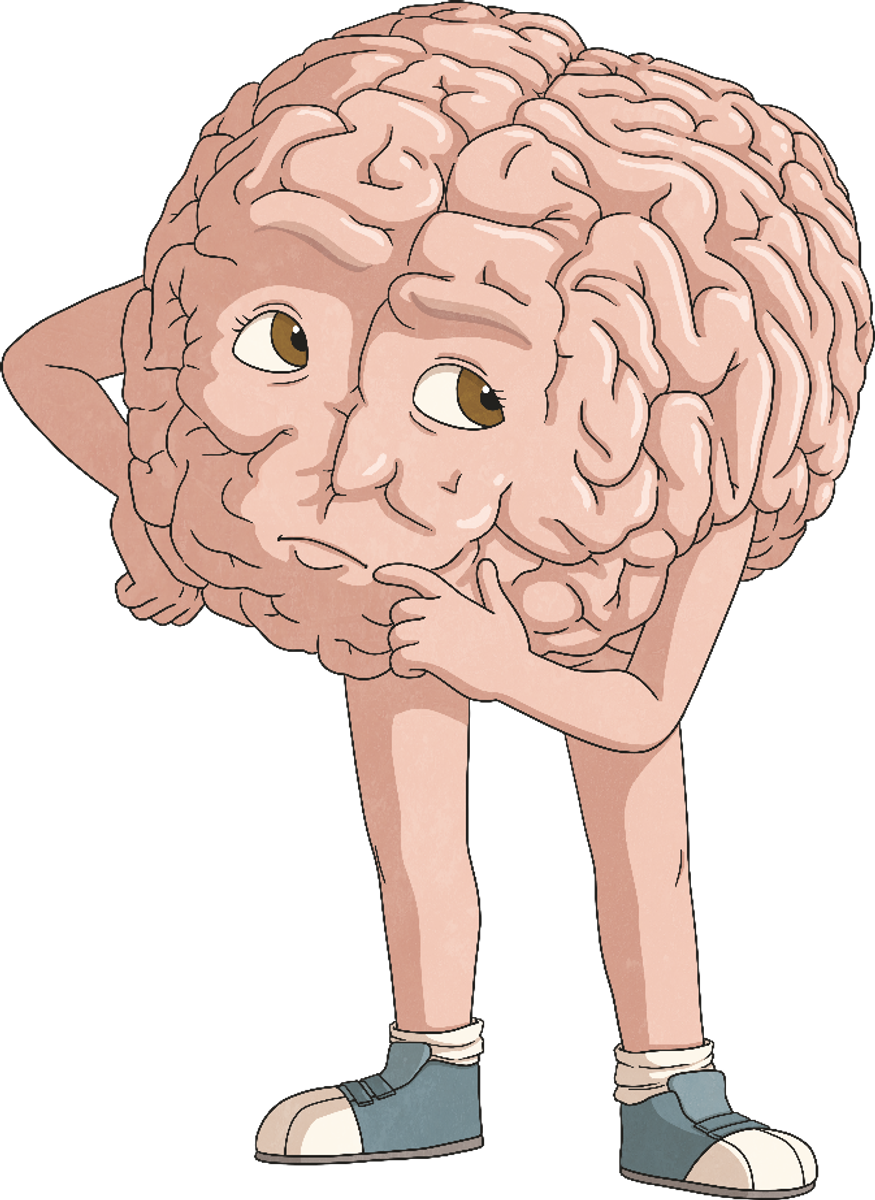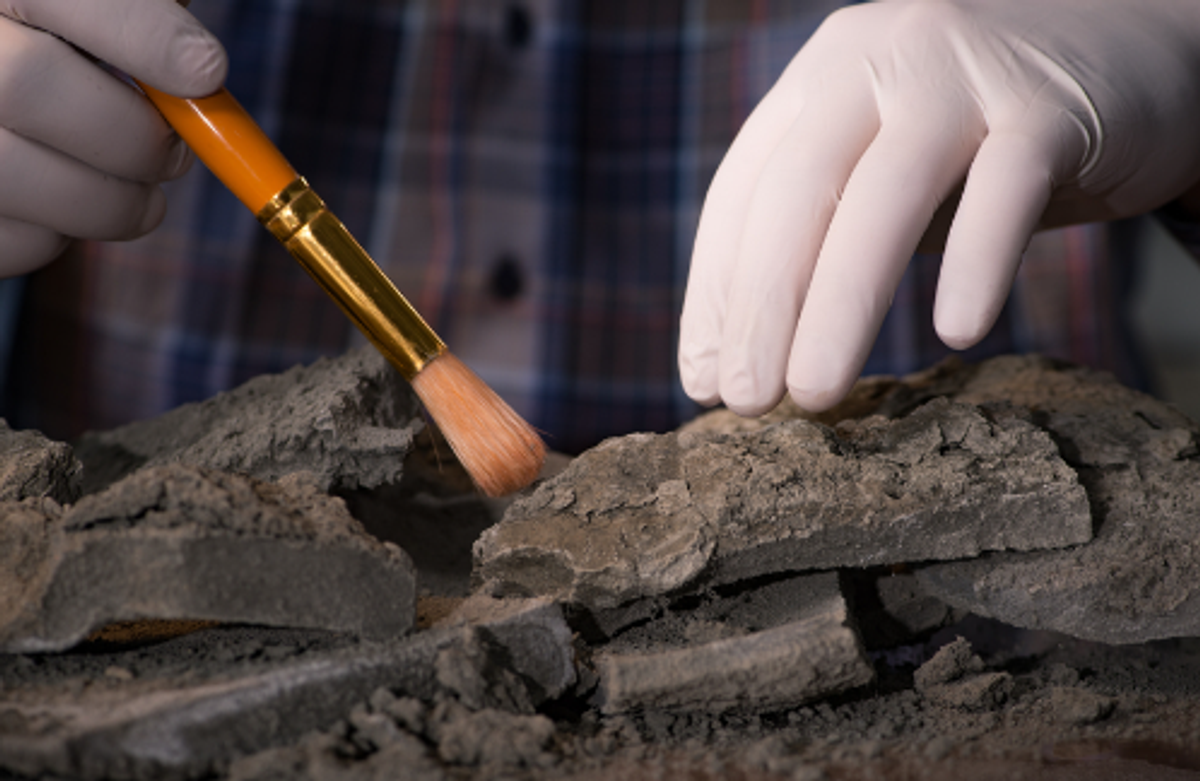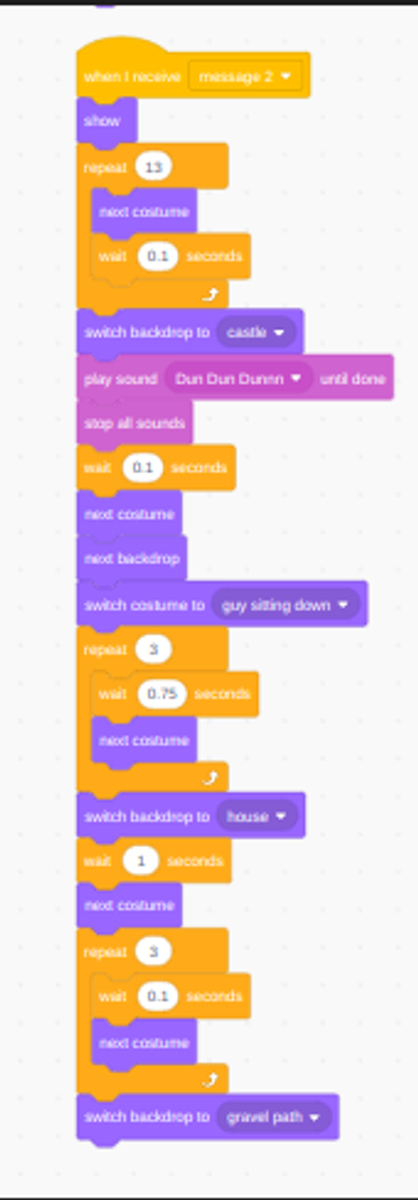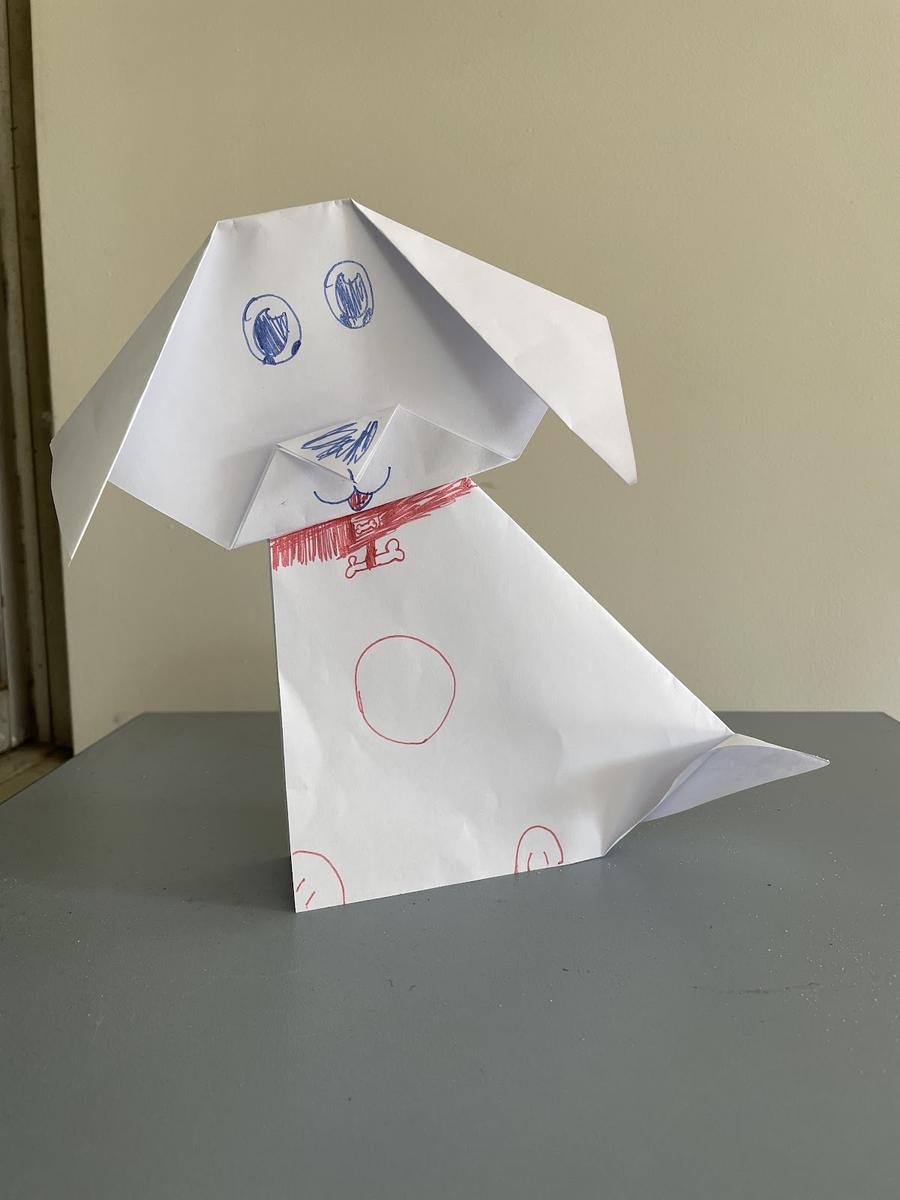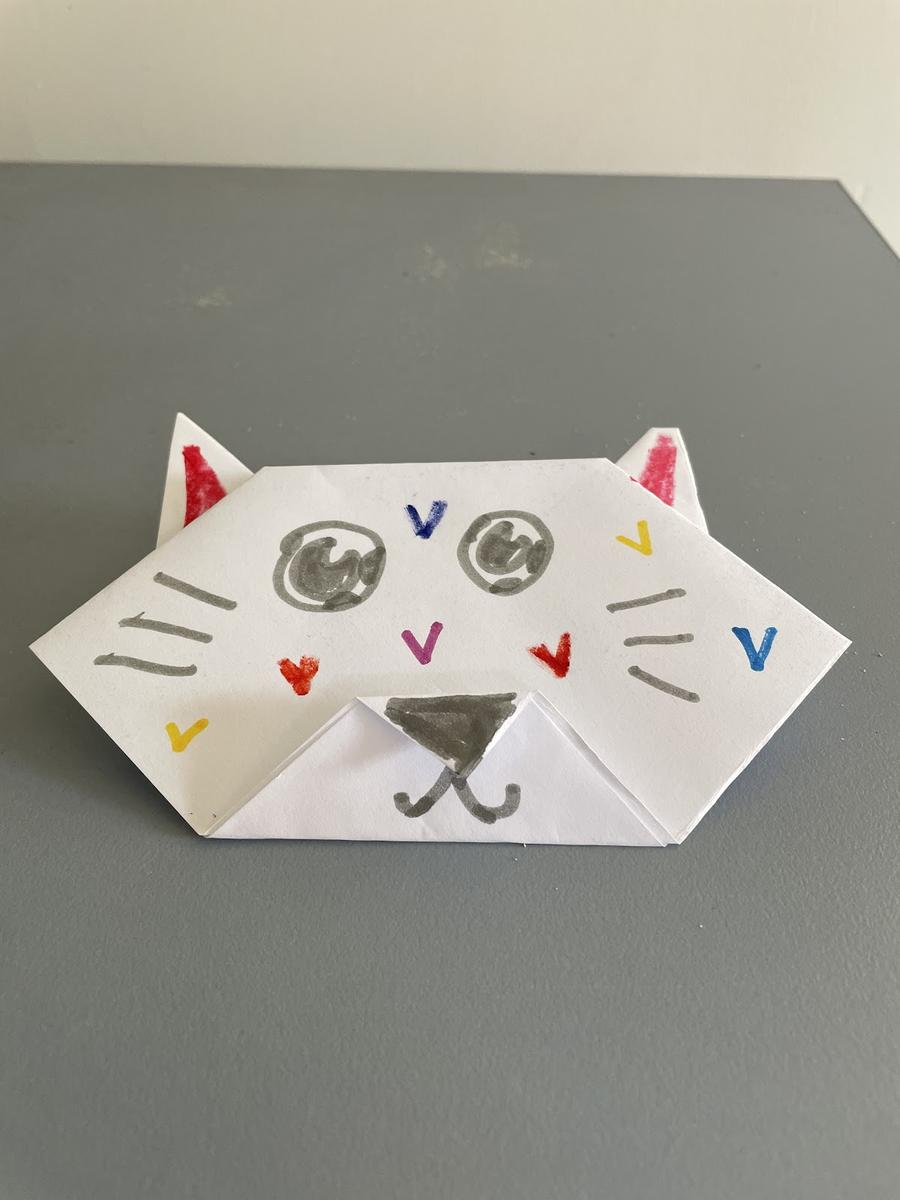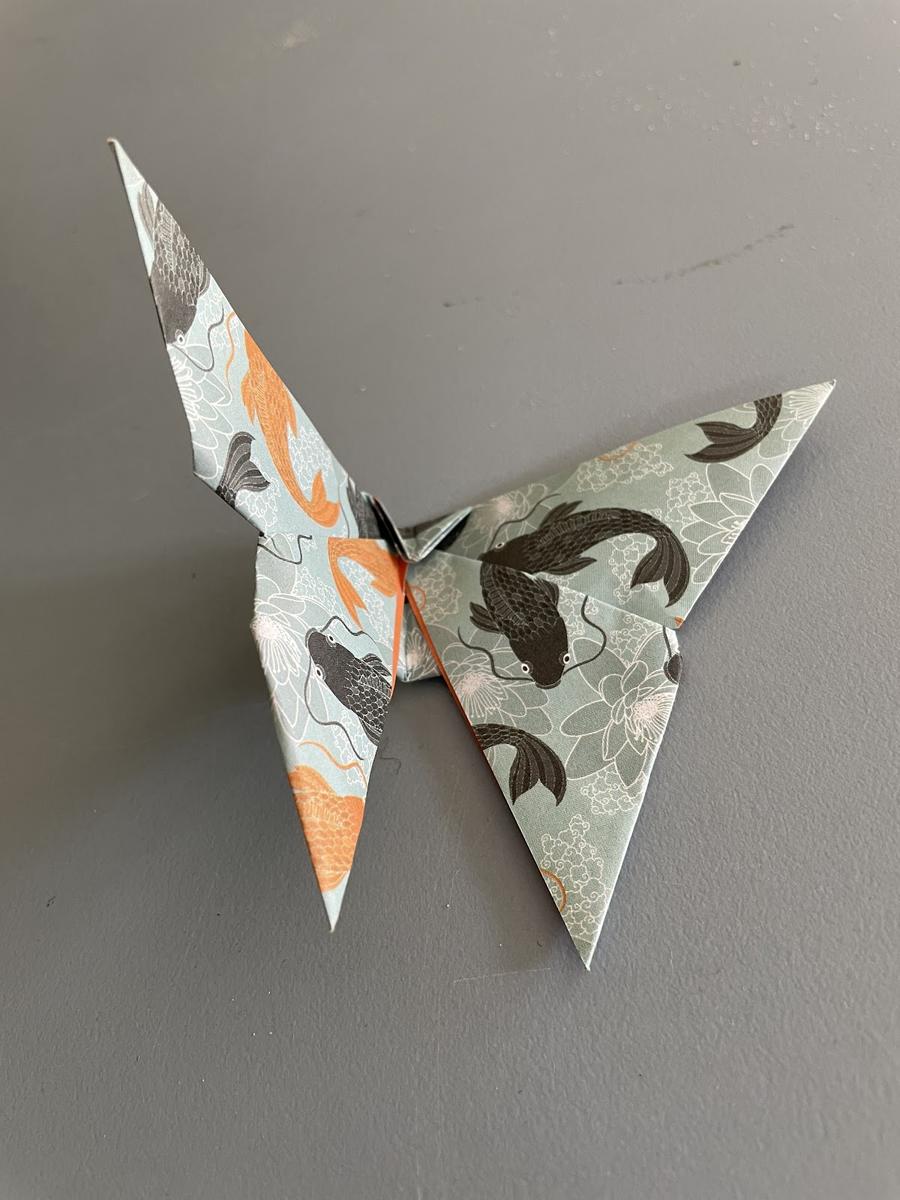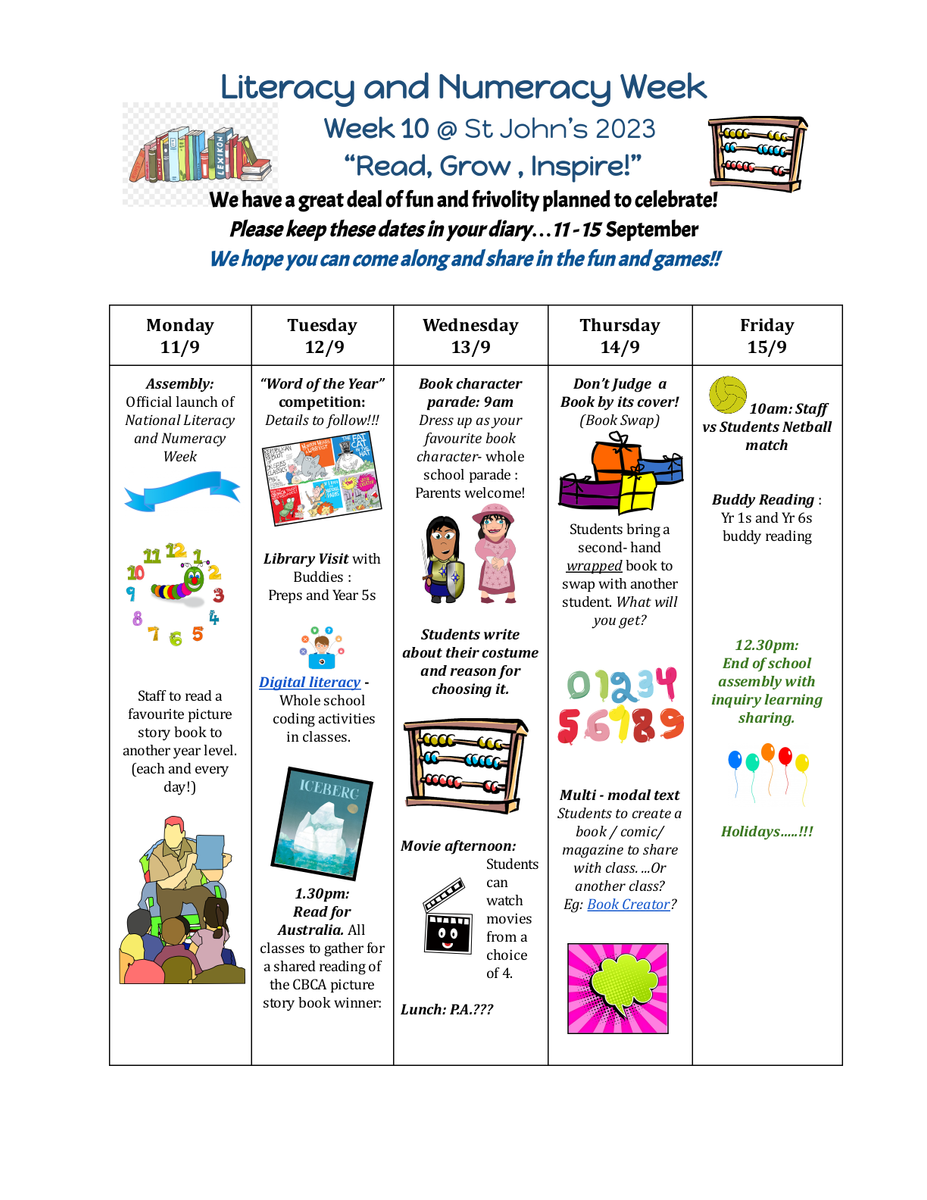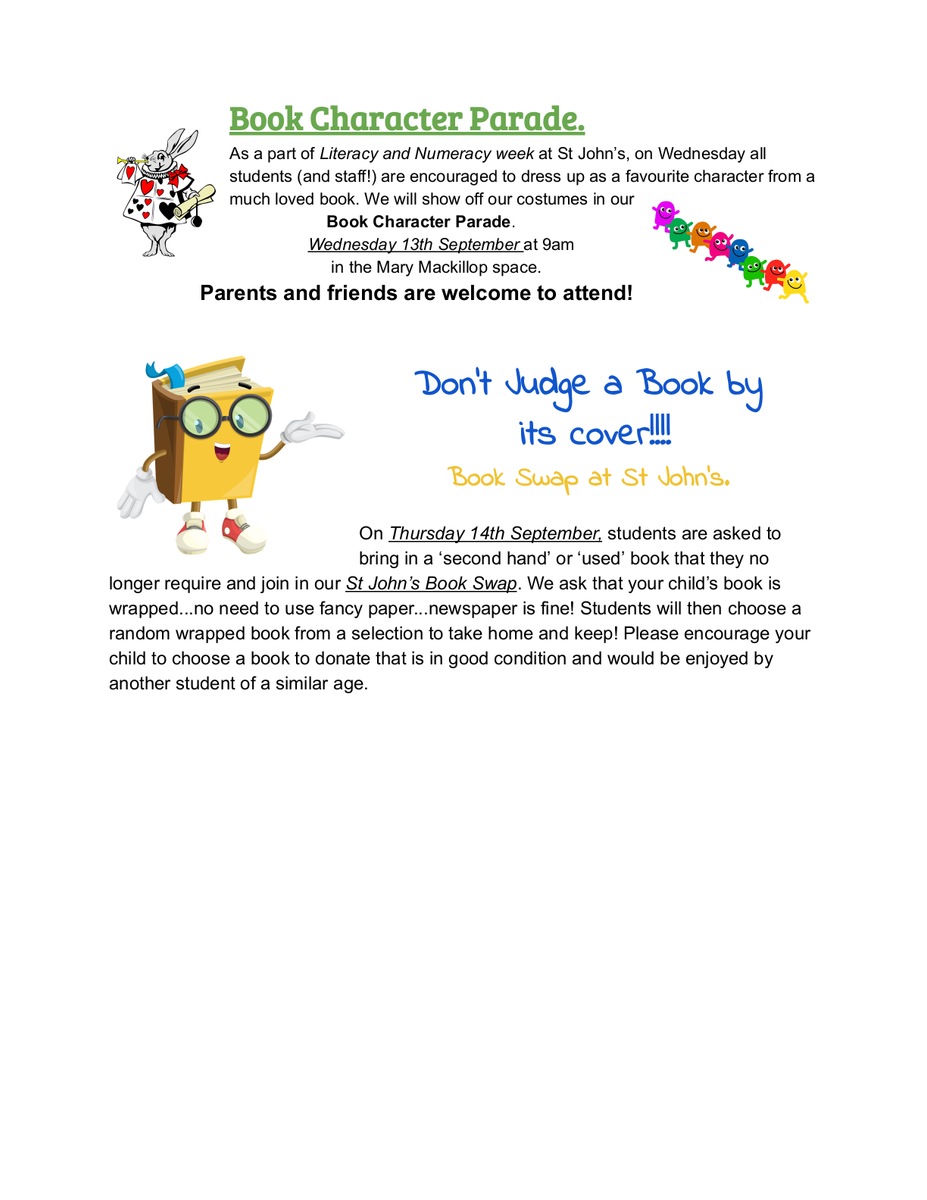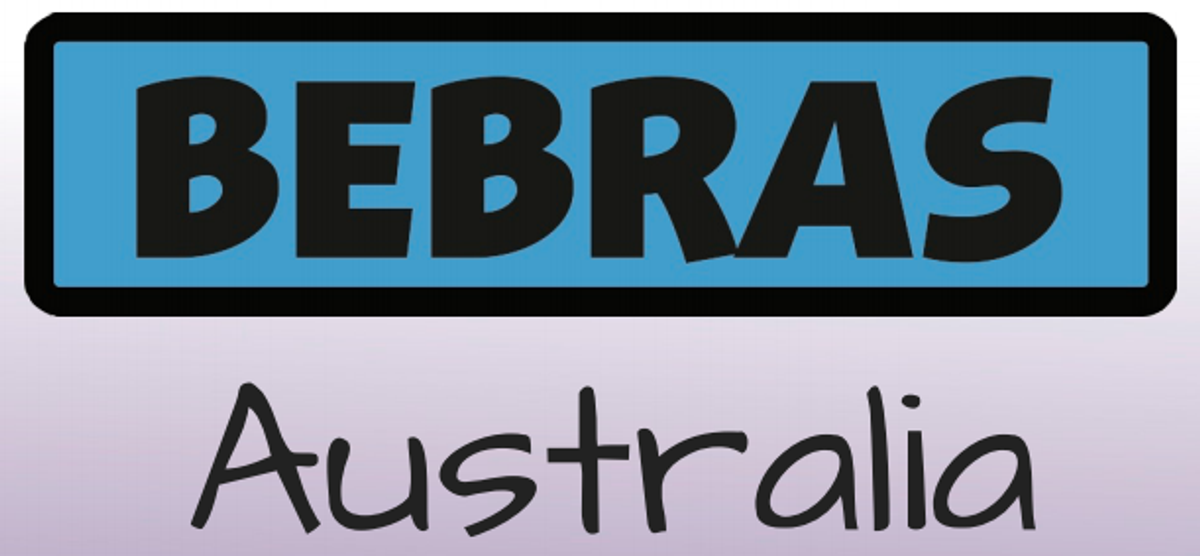Learning and Teaching
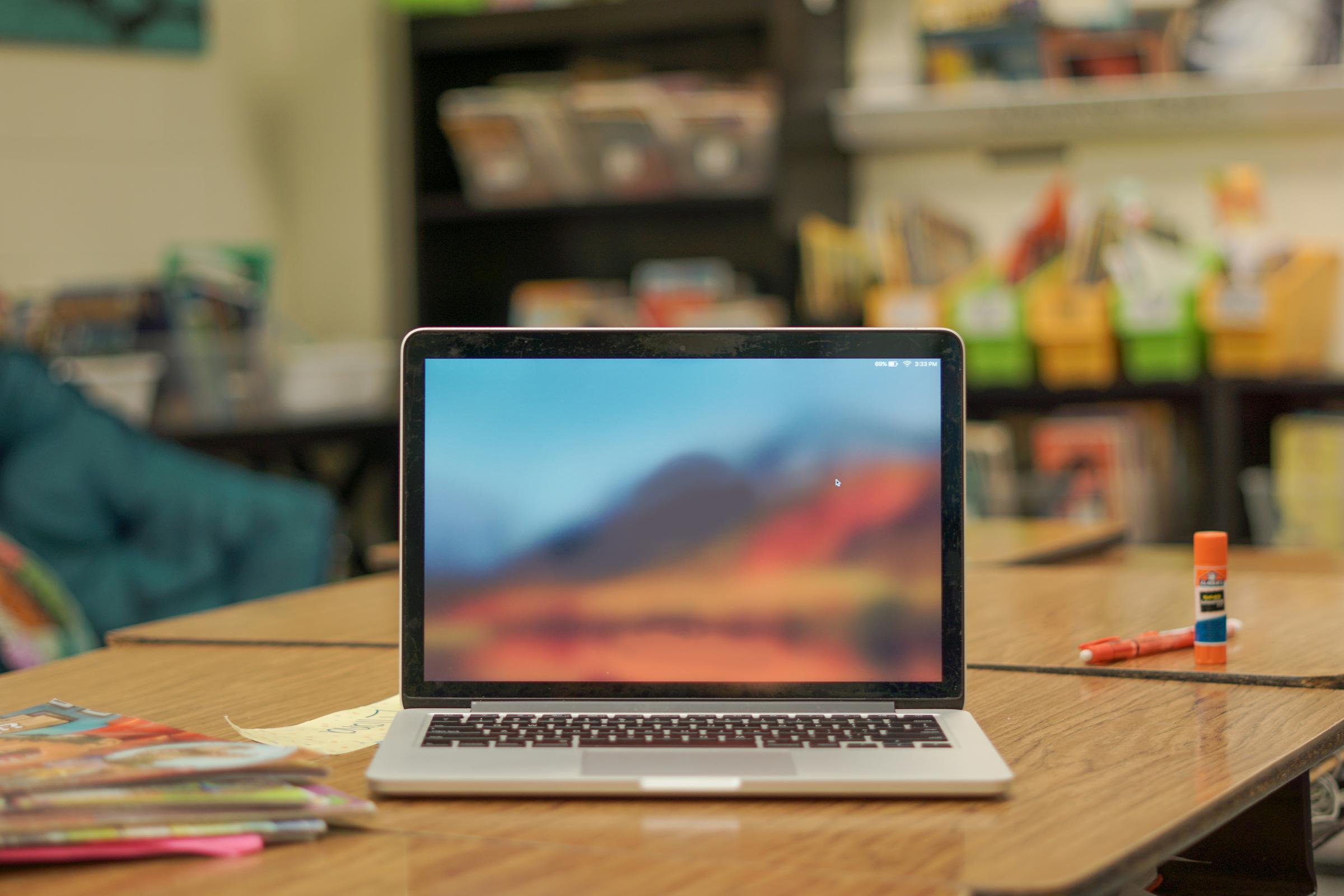
Extension Education at St John’s Mitcham.
Each Wednesday, a mixed age group of students from St John’s gather to work on individual or collaborative projects of their choosing. They spend 2 hours each week exploring a topic of their choice. This involves sharing a plan of their exploration, developing an essential question that will be answered throughout their studies, sharing their progress throughout the project and their findings with others in an interesting format that is new to them.
Below are some reflections from these students, discussing what they have learned and their feelings about the time they have spent together.
Extension education is a great program at St John’s. It is designed for students to increase their knowledge in certain areas of their choosing and also to teach them how to be the teacher and the audience. When I started Extension Education, we first had to write a list of things that we wanted to discover more about, then fill in a sheet with information that we would need to know for our presentation; such as what was our ‘key question.’ I worked with Jackson on a project about Geology. It was fun pushing and learning our boundaries by working on new things. I like how even though we were working on different things we could still get to know new people and learn what they were doing and how they were doing it.
Kiralee 5/6 C
When I first started, I had an idea for studying physics; the history of studying the abilities and adaptations of strange and rare animals. I thought I was probably going to do physics,but at the last minute I decided to study animals. Adding the information to the slide and finding information alone was extremely tricky, as was finding what was wrong and what was right. I wanted to do this because lots of animals are just normal, classified as invertebrates and stuff like that. But animals in this presentation usually are rare like the axolotl, endangered like the Javan Rhino and some that are just plain strange like the tardigrade. I learnt about some creature’s abilities, some creatures I have never heard of before. I am very proud of what I have accomplished in this presentation. I am also looking forward to any more extension work in the future. Jasper 3/4B
I learnt how to code on scratch and understand code. I learnt about Henry II and his life back in the 1100s. Coding is extremely complicated, making it quite difficult because there are so many variations. Scratch is made to be easy so the more complicated projects are easier than usual but are still quite hard. Something that just wasn't perfect was the timing of everything and the quality of the pictures. It was the bit of the week I looked forward to the most. Ben 3/4A
I have learnt about origami and where it came from. I have learnt new computer skills like how to make Google docs, Google slides, how to insert pictures, text boxes, backgrounds and making new folders. Something challenging was making a video and inserting images because I had to insert one picture at a time. I enjoyed my project because I got to choose what I wanted to do and I got to spend lots of time on it. I liked coming out of the classroom and doing something different and fun! These are some of the animals that I have learnt to create. Annabelle 1/2A
Literacy and Numeracy Week
Australia Computational Thinking Challenge 2023
It’s time for Round 2 of Bebras Australia Computational Thinking Challenge 2022 and students in Years 3-6 will once again participate. Bebras is an international initiative aiming to promote informatics and engage students' computational thinking and problem solving skills in a fun, interactive environment. The Bebras international community has now grown to include 60 countries with over 2.9 million students participating worldwide!
Bebras Australia began in 2014 and is now administered through CSIRO Digital Careers. St John’s began participating in Bebras in 2015.
The goal is to promote computational thinking in students in a way that challenges them beyond science or mathematical skills. It uses a number of skills such as pattern recognition, algorithms and logic. Bebras Australia is designed to be accessible and easy to use and is linked to the Victorian Digital Technologies Curriculum.
We use problem-solving in everything that we do – and future jobs will require this even more. Teaching Computational Thinking is not about how to use technology to solve the problem but rather how to understand the problems and identify the tools needed to solve them. Bebras is a challenge, not a competition. The aim is for students to develop a positive impression about Digital Technologies.
St John’s Years 3-6 students will take part in Round 2 of the Bebras Challenge between 28 August and 8 September. The students will participate in this online challenge in a 45 minute (Years 5 & 6) or a 60 minute (Years 3 & 4) session at school.
For more information go to https://digitalcareers.csiro.au/en/Bebras
